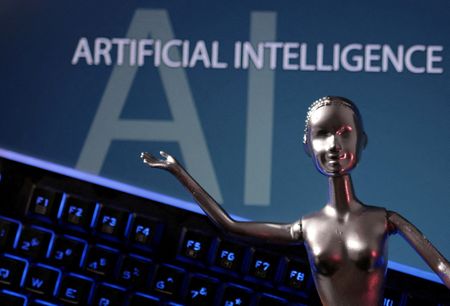 1
1 1
1
(Reuters) – The World Health Organization called for caution on Tuesday in using artificial intelligence for public healthcare, saying data used by AI to reach decisions could be biased or misused.
The WHO said it was enthusiastic about the potential of AI but had concerns over how it will be used to improve access to health information, as a decision-support tool and to improve diagnostic care.
The WHO said in a statement the data used to train AI may be biased and generate misleading or inaccurate information and the models can be misused to generate disinformation.
It was “imperative” to assess the risks of using generated large language model tools (LLMs), like ChatGPT, to protect and promote human wellbeing and protect public health, the U.N. health body said.
Its cautionary note comes as artificial intelligence applications are rapidly gaining in popularity, highlighting a technology that could upend the way businesses and society operate.
(Reporting by Shivani Tanna in Bengaluru; Editing by Nick Macfie)